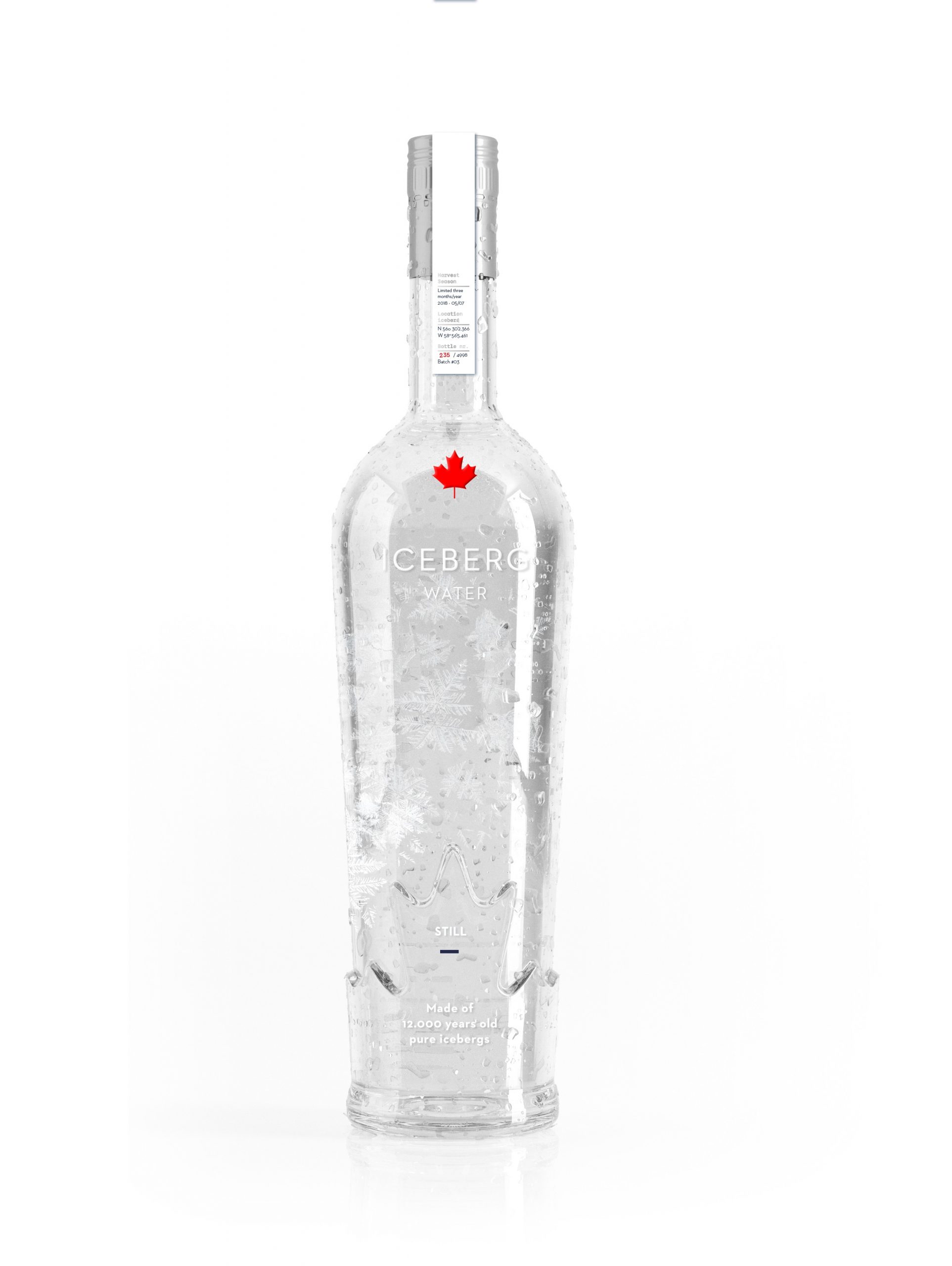Iceberg’s purity
The iceberg water used for ICEBERG has the lowest mineral content of any water, resulting in a noticeably smooth and neutral taste.
The amount of minerals dissolved in a product is defined as TDS (Total Dissolved Solids) which is measured in parts per million (ppm or mg/l). The taste of water is determined by its mineral content and besides mouthfeel, TDS is the mostimportant factor when combining food with water.
With its low mineral contact of less then 5 TDS, ICEBERG Water is ideal for pairing with rare and fine liquids such as single malts to ensure the ultimate flavour experience.




